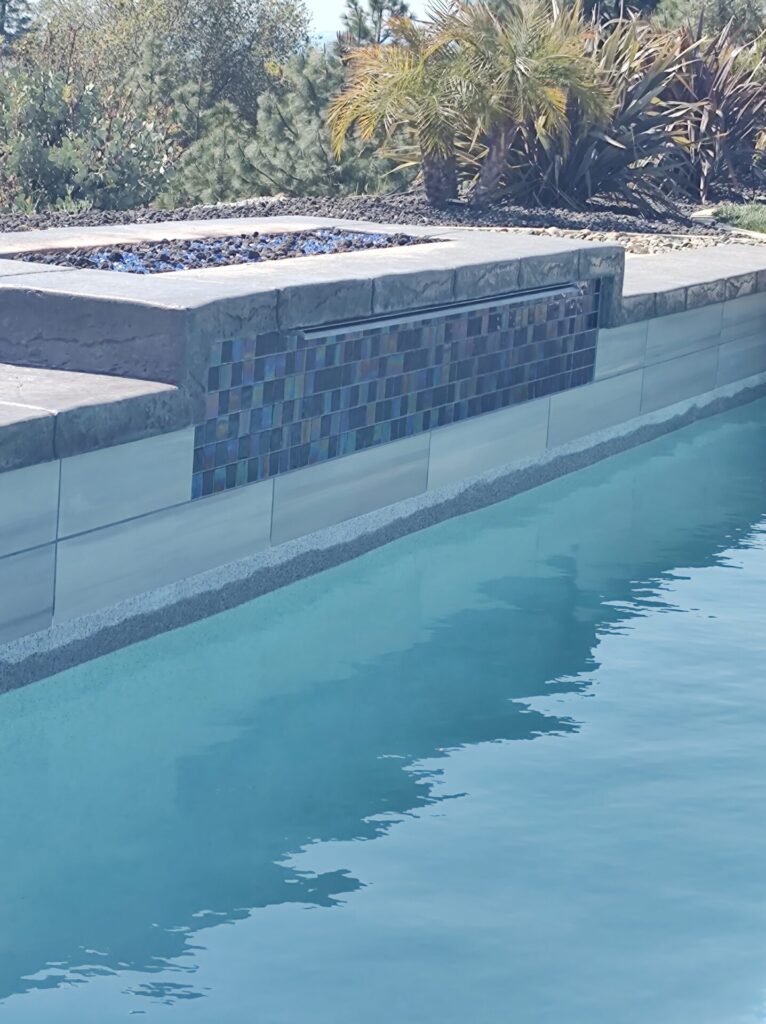When it comes to maintaining a pristine swimming pool, many homeowners emphasize the water quality and landscaping, forgetting one important aspect: the pool tiles. Pool tile cleaning is frequently neglected, yet it plays a crucial role in the overall aesthetic and health of your pool. Over time, tiles can accumulate unsightly stains, calcium buildup, and grime, making your treasured oasis seem untended. The truth is, cleaning your pool tiles is crucial, not only for aesthetic purposes but also for prolonging the life of your pool.
So how frequently should you clean your pool tiles? This is influenced by several factors, including the frequency of use, water quality, and environmental conditions. Though a DIY approach might be appealing, professional cleaning services can offer thorough solutions that preserve your tiles and enhance your pool's overall look. If you are preparing for the summer swimming season or planning for a pool party, ensuring your tiles are sparkling clean can make a world of difference the appeal of your outdoor space.
The Significance of Swimming Pool Tile Maintenance
Keeping clean pool surfaces is important for the visual and operational reasons. As time goes by, dirt, moss, and calcium buildup can gather on the tiles, making the pool look unattractive and cloudy. This buildup not only detracts from the beauty of your pool but can also suggest more serious problems with pool chemistry and cleanliness. A well-maintained pool begins with clean surfaces, which enhances the overall enjoyment and visual appeal of your swimming space.
Beyond appearance, neglected pool surfaces can result in significant damage over time. Calcium deposits can cause the tiles to break or fracture, leading to costly repairs in the future. Regular cleaning helps avert this deterioration, prolonging the lifespan of your pool's surfaces and saving you costs on upcoming maintenance. With proper care, you can avoid the necessity for early resurfacing or substitution of tiles.
Additionally, clean swimming tiles help to a healthier swimming environment. If Additional hints are dirty, they can host bacteria and moss that may present health risks to swimmers. By committing in regular tile cleaning, you not only maintain your pool in top condition but also guarantee that it remains a safe place for family and friends to have fun. Clean surfaces play a vital role in maintaining the overall hygiene of the pool, allowing you to dive in without worry.
Expert vs. DIY Pool Tile Cleaning
When it comes to pool tile cleaning, deciding between DIY methods and engaging a professional service can be a challenging decision. DIY cleaning can seem attractive due to the potential cost savings. Many pool owners attempt to tackle tile cleaning themselves using store-bought products or homemade solutions. However, this approach often overlooks the complexity of thoroughly restoring tiles, especially when dealing with issues like calcium buildup or stubborn stains. A lack of proper methods and tools may lead to ineffective cleaning and even harm to your tiles.
On the other hand, professional pool tile cleaning services come equipped with specialized tools and knowledge that ensure a more efficient and effective clean. https://egholm-funch-3.blogbright.net/making-waves-the-impact-of-pristine-tiles-on-swimming-pool-satisfaction comprehend the details of different tile materials and the optimal methods for maintaining their integrity. They utilize state-of-the-art cleaning techniques such as glass bead blasting, which not only removes accumulation but also restores the tiles' natural shine. This level of proficiency can save homeowners time and alleviate the chance of causing damage to their pool tiles.
Ultimately, while DIY cleaning can provide temporary benefits, spending in a professional service offers long-lasting benefits. Regular expert cleaning not only enhances the appearance of your pool but also helps avoid further issues that could arise from neglecting tile maintenance. For many homeowners, the benefit of having brilliant, well-maintained pool tiles is worth the cost of professional cleaning.
Preventing Pool Ceramic Tile Deterioration
To maintain the longevity and look of your pool surfaces, consistent maintenance is essential. Implementing a routine cleaning schedule can aid prevent debris, algae, and mineral buildup from accumulating. Make it a practice to visually inspect your tiles weekly and conduct surface maintenance as required. This will not only ensure your surfaces appearing well but also help detect early issues in advance before they become more serious problems.
Knowing the type of substances and products you use around your pool is crucial for ceramic tile protection. Shun aggressive chemicals or acidic solutions that can damage grout and weaken the surfaces. Look into using neutral products specifically formulated for swimming pools, as they are not as prone to lead to deterioration. Furthermore, ensure that pool furnishings and decor positioned along the sides of the swimming pool do not harm the tiles over the years.
In conclusion, the surrounding elements surrounding your pool can also play a significant role in tile condition. Consistently cutting back bushes around the pool can reduce foliage and detritus from falling into the water, which encourages better hygiene. Moreover, using a swimming pool blanket during the winter months can minimize contact to elements that cause damage and deterioration on surfaces. By taking these protective steps, you can keep your swimming pool tiles looking like new for years to come.

